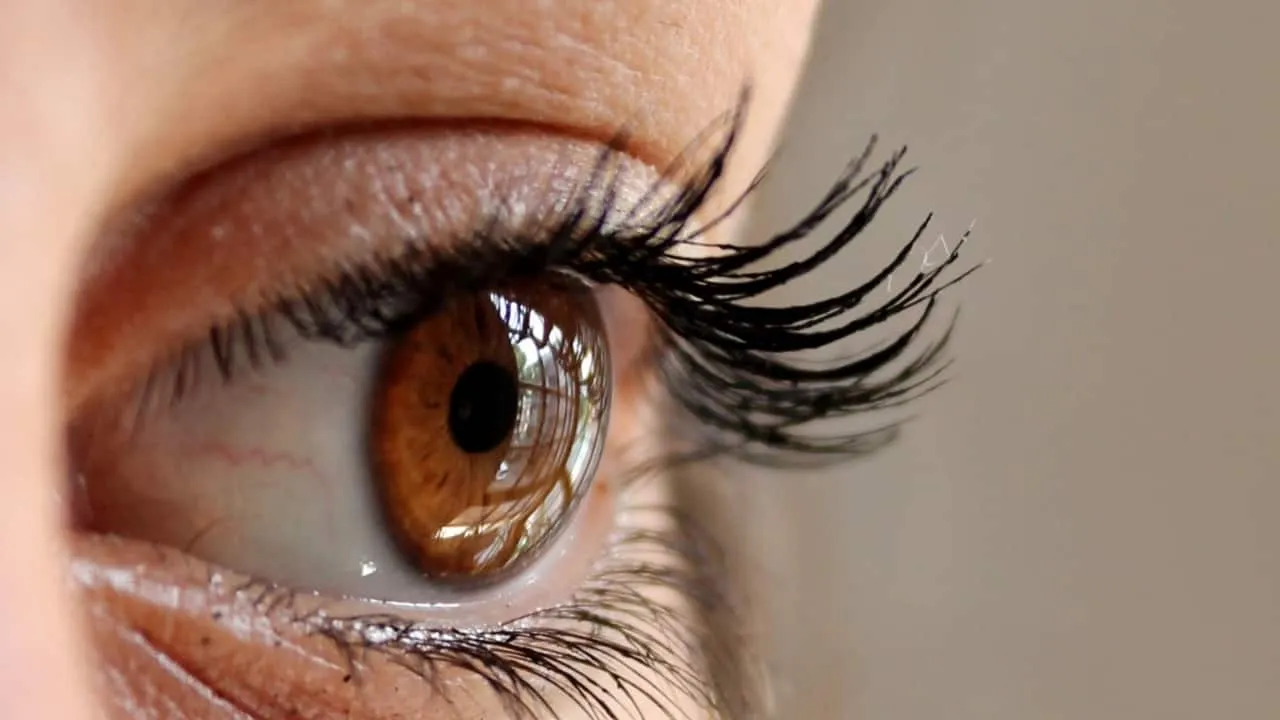Monsoon Eye Care: Essential Tips for Conjunctivitis Prevention and Eye Health

Monsoon Eye Care: Effective Strategies for Eye Health
The monsoon season brings a refreshing change to the environment, but it also poses unique challenges for eye health. Increased humidity, dust, and allergens in the air can heighten the risk of eye infections, particularly conjunctivitis. This highly contagious condition can affect people of all ages, leading to discomfort and potential complications if not managed properly.
Good Hygiene Practices
Maintaining good hygiene is crucial in preventing the spread of conjunctivitis. Wash your hands thoroughly before touching your face or eyes. Avoid sharing personal items such as towels to minimize germ transmission.
Limit Screen Time
Prolonged screen time can cause eye strain. Use the 20-20-20 rule: every 20 minutes, look at something 20 feet away for 20 seconds.
Wear Protective Eyewear
Use sunglasses or protective eyewear outdoors to shield your eyes from irritants. Opt for wraparound sunglasses for extra protection.
Maintain a Clean Living Space
A clean environment reduces infection risks. Regularly clean surfaces with disinfectants.
Avoid Touching Your Eyes
Touching your eyes can transfer germs. Train yourself to avoid this habit.
Stay Hydrated and Eat Well
Proper hydration and a balanced diet are crucial. Consume foods rich in vitamins A, C, and omega-3 fatty acids.
Limit Contact Lens Use
Consider taking a break from contact lenses during the monsoon to prevent bacteria buildup.
Seek Early Medical Advice
If you notice symptoms of conjunctivitis, seek medical attention promptly. Early diagnosis is key to ensuring a quick recovery.
Disclaimer: The information provided on this site is for informational purposes only and is not intended as medical advice. We are not responsible for any actions taken based on the content of this site. Always consult a qualified healthcare provider for medical advice, diagnosis, and treatment. We source our news from reputable sources and provide links to the original articles. We do not endorse or assume responsibility for the accuracy of the information contained in external sources.
This article was prepared using information from open sources in accordance with the principles of Ethical Policy. The editorial team is not responsible for absolute accuracy, as it relies on data from the sources referenced.